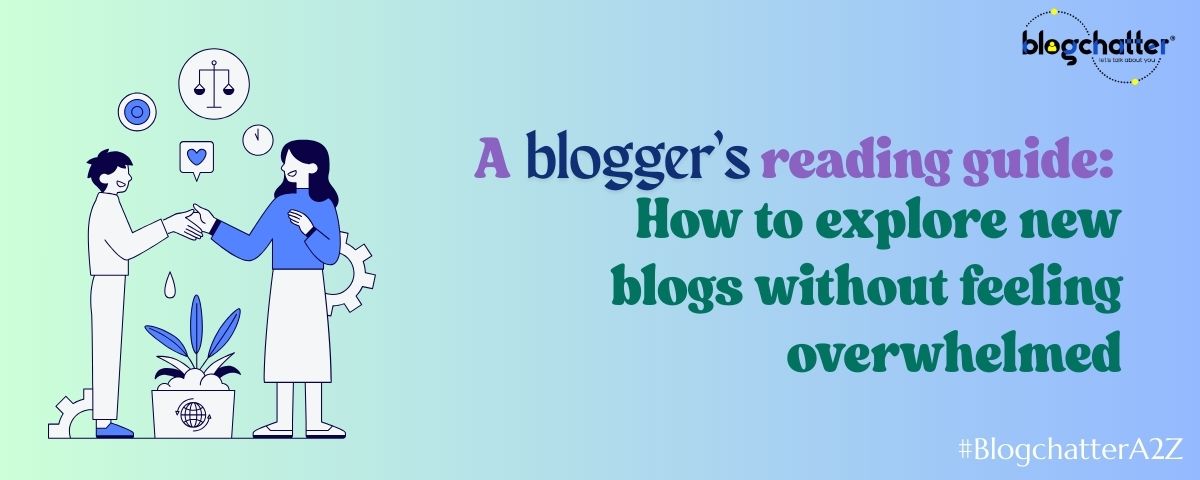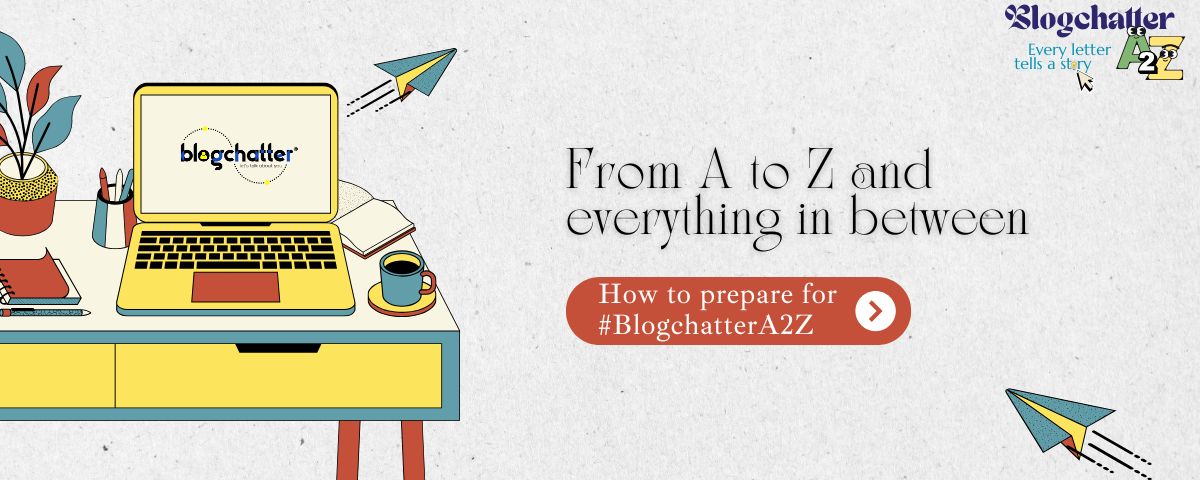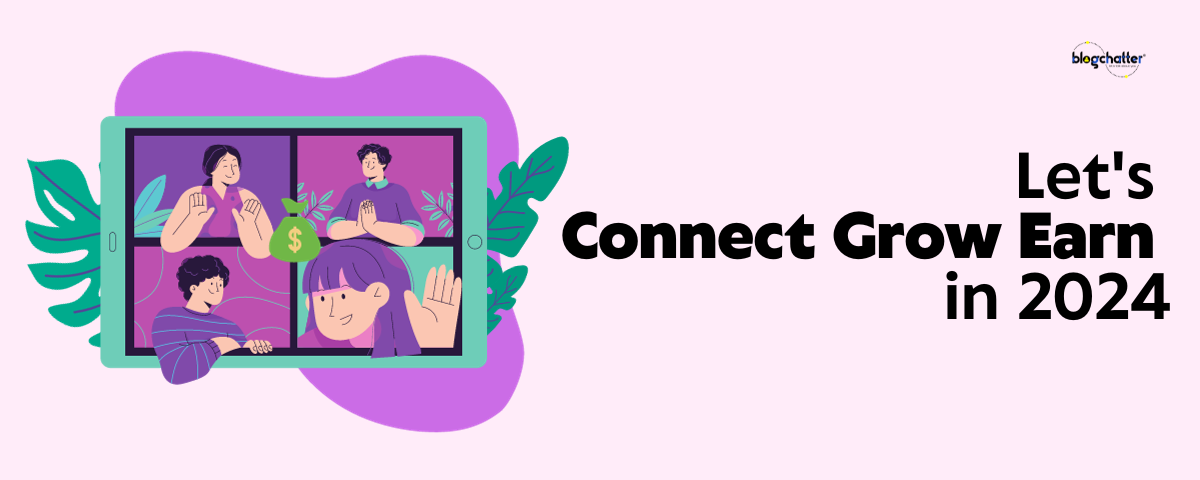The first ever newspaper in India dates back to 1780. It was a weekly political and commercial newspaper called Bengal Gazette, later renamed as Hickey's Gazette after the person who started it - James August Hickey. During that time when India was under the British rule, this young man's journey in journalism was shortlived as he openly spoke about the policies by the then government. But of course it laid the foundation for the adventure ahead. Following the inception of journalism, a few other publications such as the Madras Courier, Bombay Herald, the first Hindi newspaper, Udant Martand came into being. Many English newspapers and vernacular press became popular by 1905. Reformers like Raja Ram Mohan Roy came up with newspapers in regional languages to spread awareness on social causes. Journalism through newspapers became an important medium to raise a voice against issues like sati, widow remarriage, opposition to teaching English at schools and many more. The journey of free press had begun!

Why National Journalism Day
Over 2000 years later, journalism in India has evolved to a great extent and to different platforms. National Journalism Day is a day to celebrate the freedom of speech, thoughts, virtues in journalism and what a huge role media has in shaping our society. Blog posts and work by journalists are quite different, yet they're related in many ways. Journalism is mainly facts, but what bloggers have to their advantage is the power of personal voice. Traditional journalism provides the information bloggers need to base their opinion on. They complement each other. Another advantage bloggers have is speed. A topic is trending? We can think of a content piece - be it a post, tweet thread, video, creative all in a jiffy and at any time we want.
Repersonalizing Journalism
Although news articles are a great way to share a piece of news quickly, today's world is all about building personal connect. Hasn't social distancing emphasized this in 2020? Many popular journalists take to publishing blog posts to increase their authority and credibility in journalism. Mainstream news organizations have started embracing blogging and microblogging on platforms like Twitter. Time magazine media critic James Poniewozik says that trust is more than just accuracy. It includes passion, genuineness and integrity. Isn't all of that achievable through blogging? Through blogging we are open for discussion with our readers and are more accessible to them. We have a vehicle for expression of our thoughts in any possible way we can think of. We are human beings with opinions and a personality.
Blogs have the power to turn newspapers and media from the monolithic corporation that it is thought to be into a collaborative team with different view points that has a lot in common with the community they interact with.
United And Forward
Blogging has broadened the marketplace of ideas allowing more and more people to join the discourse. Yes, people do want to know the facts. But they also want a perspective on those facts. Blogs provide that kind of interactivity. Good old storytelling will always add so much more value to your audience! When journalism and blogging work together it fosters community and does not just remain a static product. Community then becomes an empowered stakeholder in the purpose behind the initiative. Such an invested community has a much greater probabilty of bringing action to positive ideas.
The Ongoing Debate of Blogging Vs Journalism
There have always been discussions between the two disciplines. Is a blogger a journalist? Blogging can work as a training ground for those who want to get into journalism. They can hone their skills and gain tools required to operate in a newsroom environment. Time has certainly blurred down the line between blogging and journalism and it will continue to do so. They may not be the same, but we have reached a point where we can say that blogging adds immense value to one of the most lucrative career choices in India - journalism.







